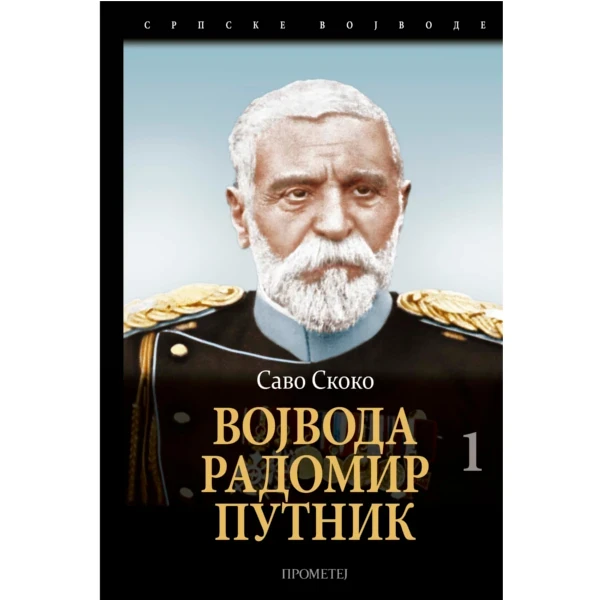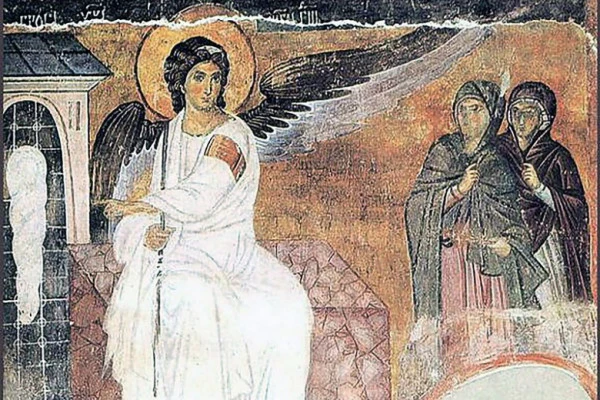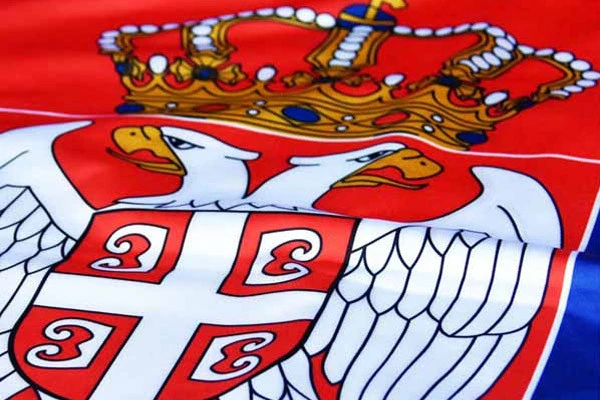- Home
- Blog
- Get to know Serbia
- Who was Duke Radomir Putnik?
Who was Duke Radomir Putnik?
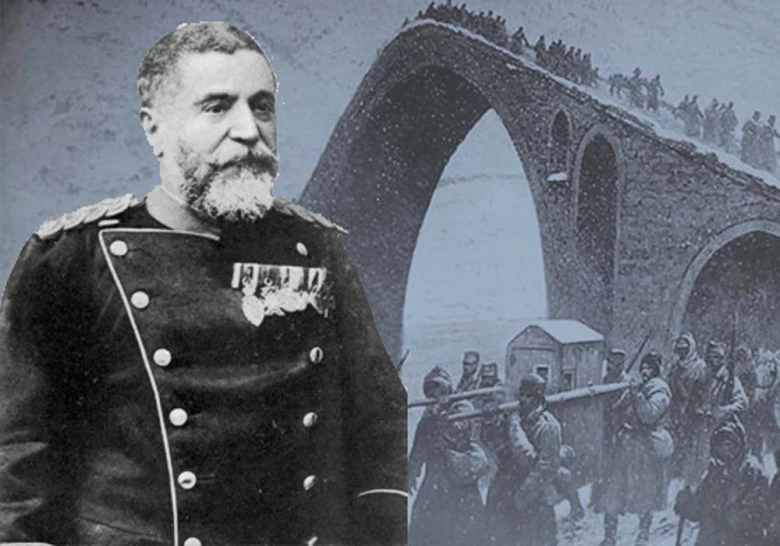
Duke Radomir Putnik is one of the greatest Serbian military leaders. He led the army in the Balkans and the First World War, thus entering the history of Serbian warfare as one of the most honored individuals in our history.
Early days of Radomir Putnik
Duke Radomir Putnik was born in Kragujevac on January 24, 1847. As Radomir's grandfather, Arsenije, came from Kosovo to the vicinity of Bela Crkva, whoever asked him where he came from would say that he was a passenger from Kosovo. That is how the family name "Putnik" remained for that family.
Radomir was the fourth of five children in the teacher's family, learning to read and write very early. At the age of less than six, he enrolled in elementary school in Kragujevac. After finishing primary school, he studied and finished high school in Kragujevac, and then in the Belgrade high school.
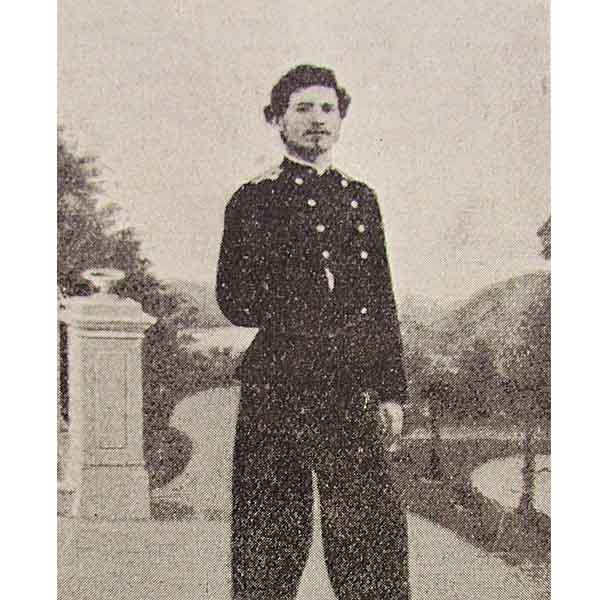
After graduating from high school, he enrolled in the Sixth Class of the Artillery School as the youngest cadet in the class. The reason was that the cadets of this school provided the army with free housing, food, clothes, books and even pocket money. After finishing school, he was kept working in the Topographic Department of the Ministry of the Army as an excellent cartoonist.
Radomir Putnik's first acts of war
In the First Balkan War, Radomir was the commander of the First Class Mining Brigade. With that brigade, he participated in battles and battles, as well as in the liberation of the fortified city of Nis and in the battles for the liberation of Vranje.
Radomir Putnik participated in the Second Balkan War as the Chief of Staff of the Danube Division. After the battles around Pirot and the conclusion of peace, he dedicated himself again to strengthening the fighting power of the Serbian army.
Retirement and reactivation of Duke Putnik
Radomir Putik was loyal to the crown, but he did not flatter the kings, neither Milan nor Alexander. Both kings considered Putnik's attitude anti-dynastic, so in 1893 he was removed from the position of assistant chief of the General Staff and appointed head of the examination commission for the rank of major.
After the assassination of King Alexander, Duke Putnik retired in October 1896, under suspicion of conspiracy.
Only a few years later, under the pressure of the First World War, Duke Radomir Putnik was reactivated and under the leadership of the Supreme Commander King Peter I returned to military service as a general and was appointed Chief of the General Staff.
He was very fair both as an officer and as a man. What made Duke Putnik especially distinguished was his tolerance in relations with other elders. This kind of relationship is especially noticeable in the relations between Duke Mišić and Duke Putnik.
Historical merits of Duke Putnik
All the victories in the period from 1912 to 1916 can be attributed to Duke Radomir Putnik. Duke Radomir Putnik was at the head of the expert staff, from where he led military operations, plans and defended all that before the Serbian Government. He was directly responsible to the Supreme Commander for the professional management of affairs in the Serbian Army, and with his personality and rank he was morally responsible before all subordinate elders for his every position and every order of the Supreme Command.
Death of Duke Putnik - 10 years after his death
During the Battle of Kolubara, Vojvoda Putnik led the Serbian army through the greatest temptations. However, the enemy was superior and the Serbian army had only two options - capitulation or retreat over the Albanian mountains and the Montenegrin mountains towards the Albanian coast.
Vojvoda Putnik chose to withdraw and on November 25, 1915, he issued his last order in Prizren.
Due to his illness, he could not move, so an improvised stretcher in the shape of a military guard was made for him, which was carried by four soldiers. He was soon transferred to France in a very bad condition, and he soon passed away, on May 17th 1917, at the age of 70, before the end of the Great War.
The war ended, but the remains of the great military leader remained in Nice, unburied for more than ten years.
After the initiative was launched, the reserve officers demanded that the body of Duke Putnik be transferred to the homeland and buried at their expense. More than a year had passed since the body arrived in Serbia.
Thus, on November 6, 1926, the coffin with the remains of Duke Putnik and several other prominent Serbs arrived at the Belgrade railway station.
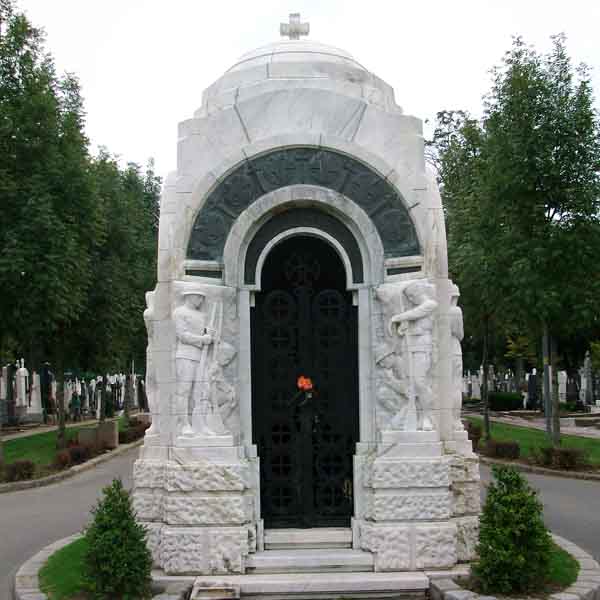
With the highest honors and the huge presence of the army, citizens, students, diplomats, various societies, along with the platoons, ten years after his death, Duke Putnik was buried in the New Cemetery in Belgrade.
Interesting facts:
Duke Radomir Putnik was a great military leader, a loyal soldier and an exceptional strategist. However, under the uniform, he was an extremely calm and modest man. The fact that he never wore his honors prominently speaks of his modesty, even though he was decorated with Karadjordje's star with swords of the second, third and fourth order and Karadjordje's star of the first and second order.
The fact that there is a mountain in Canada named "Putnik" after this prominent military leader speaks volumes about its greatness.
SerbianShop warmly recommends that you get acquainted with our offer of a book about Duke Radomir Putnik, and complete your home library with just one click.
Related products
Read also
How to wash a pirot carpet - 5 steps to a perfectly clean and fragrant carpet
Traditional Serbian carpets are a valuable family heirloom. They refine and…
White angel - the purest symbol of the Serbian people
Frescoes represent an artistic segment of religion and as such occupy a special…
Serbian flags throughout history - What all Serbian flags looked like and what distinguishes them
A flag is much more than a piece of cloth – it is a symbol of a nation's identity,…
Who was Saint Sava and what was his contribution?
"Saint Sava: A Beloved Serbian Saint with a Rich Legacy and Cultural Significance"
…Serbian New Year: Tradition, Customs and How to Celebrate it
The Serbian New Year, also known as the Orthodox New Year, is celebrated on…
Gifts Inspired by Serbian Culture: Authentic Ideas for the Holidays
The holidays are a time of giving, and finding the perfect gift is often a challenge.…
Traditional Serbian Christmas Customs: How to Cultivate Them in Modern Times?
Christmas is the most joyous holiday in Orthodox Christianity, a time when families…
How to Bring the Spirit of Orthodox Tradition into Your Home This Winter?
Winter is the perfect time to bring warmth, togetherness and the spirit of Orthodox…
Serbian Souvenirs: Perfect New Year's Gifts for All Tastes
New Year is the time of giving, and what is more beautiful than a gift that…
How to stay productive and not waste an entire day on Black Friday shopping
Black Friday is a day full of amazing discounts, but it can easily become exhausting…
Folk Beliefs and Customs for Saint Aranđel - Assembly of Holy Angels
Saint Michael the Archangel, who is celebrated…
Folk Beliefs and Customs for Đurđić - Glory of St. George
Đurđić, the feast of St. George, celebrated on November 16, is one of the most…

Apply for newsletter
Sign up for the Serbianshop newsletter and get a 10% discount.


